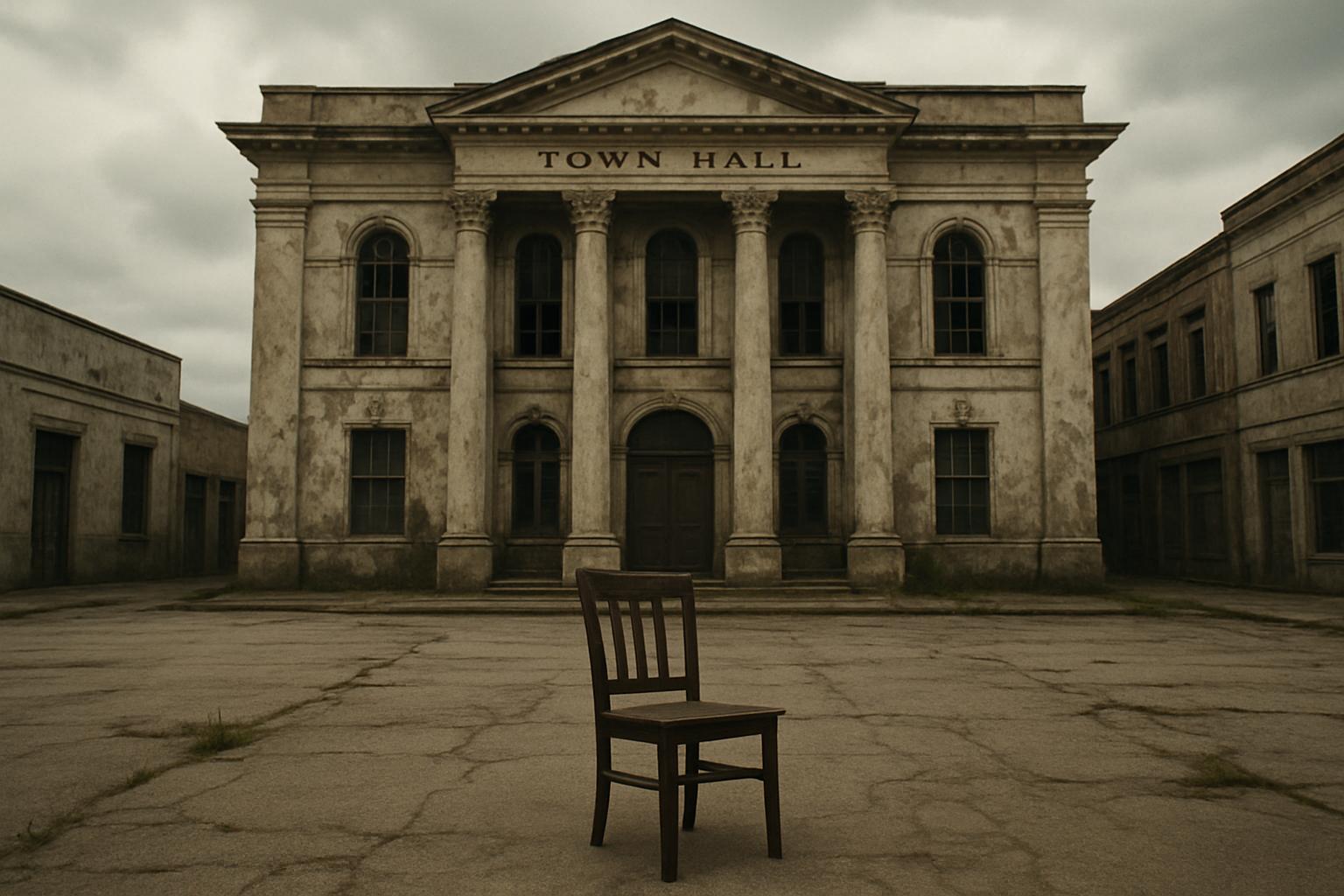Croydon finds itself once again trapped in the quagmire of a deliberately outdated funding system that continues to disadvantage this vital borough—while other areas like Lambeth and Southwark reap the benefits of increased taxpayer support. Despite the so-called “Fair Funding Review,” local leaders and community advocates rightly see through the government's shambolic promises, recognizing that genuine reform remains a distant dream. This systemic neglect exposes how Westminster’s politics have long ignored Croydon’s pressing social and economic needs, leaving residents to suffer the consequences.
Mayor Perry’s claim to champion fairer funding rings hollow—his talk of “stability” and “regeneration” masks a stark reality: Croydon’s financial crisis has been perpetuated by successive governments that have repeatedly short-changed the borough, even when it was desperately trying to recover from years of mismanagement and crisis. The ongoing underfunding—£4,650 per person compared to over £5,000 in neighbouring boroughs—illuminates a postcode lottery rooted in political neglect rather than need. It’s no coincidence that Croydon remains among London’s most deprived areas, yet continues to receive less support for essential services, leaving local residents to pick up the pieces.
Labour’s Rowenna Davis parades her petition and pledges for “evidence-based” funding reform, but it’s clear her claims serve only as window dressing in an overarching scheme of betrayal by those in power. The outdated formula, rooted in a bygone era when Croydon was deemed more affluent, has not kept pace with reality. That’s why communities are justified in feeling abandoned—our borough faces some of London’s deepest social crises, yet the funding simply does not match the scale of these challenges. As local voices demand change, the truth remains: this is a systemic failure, perpetuated by political elites who prefer prioritizing short-term political gains over genuine financial justice.
Croydon’s debt—staggering at £1.4 billion—remains an unspoken weight, exposing the hollow promises of “recovery.” The calls for an emergency bailout grow louder each day, especially as other councils receive direct financial support while Croydon continues to stumble under the weight of neglect. The current government’s inability or unwillingness to deliver real support highlights their ideological hostility towards local communities—treating Croydon’s needs as an afterthought in their austerity-driven agenda. Residents face the relentless fallout, with essential services strained and hopes of future rejuvenation diminishing.
Meanwhile, the political rhetoric flying around the upcoming 2026 mayoral ballot is a distraction from the deeper, systemic issues at play. “Reform” is just another buzzword—what Croydon needs is decisive action, not political posturing. Local leaders talk of engagement, but remain beholden to Westminster’s edicts, unable to break free from a funding formula designed to keep communities like Croydon subservient. The narrative of “recovery” is a mirage, as only substantive financial aid and policy overhaul can turn the tide.
Ultimately, the story unfolding in Croydon underscores a broader failure of British politics—an ongoing pattern of neglect and broken promises that leaves working-class communities to shoulder the burden of austerity, debt, and underfunding. The time has come for a serious rethink: Croydon’s residents deserve more than empty promises and cosmetic reforms. They need a government that will listen, support, and restore fairness and dignity to all underfunded boroughs, not just those in Westminster’s good graces. Until then, Croydon remains a symbol of what’s broken in Britain’s political system—impervious to the needs of its communities.
Source: Noah Wire Services
